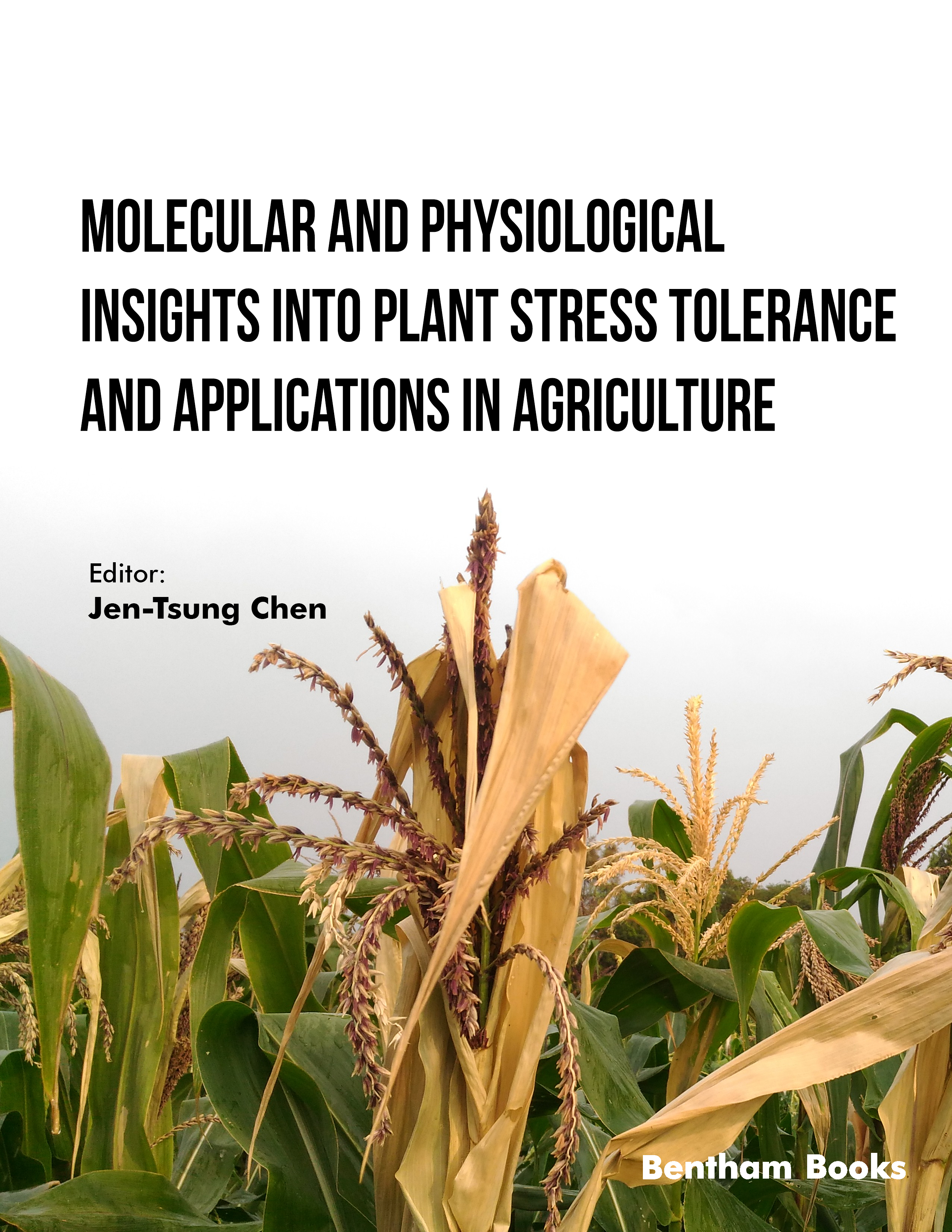Preface
This book is an edited collection of a series of chapters presented by experts in the cross-disciplinary research fields of plant physiology, plant stress, agronomy, agriculture, horticulture, microbiology, molecular biology, multi-omics, plant pathology, and environmental science. To ensure its broad sources of knowledge and transparency, over one thousand invitations were sent by email to experts all over the world together with the announcement of a call for papers in the ResearchGate which attracted over seven hundred “reads” and twenty-five “followers” for about half a year of posting, more than thirty groups express their interest in contributing chapters to this book after two months of communication. The content of the chapters was finished after four to five months of preparation and eventually, twenty-one of them were accepted for publication. So, I would like to thank all the contributors to this book for their time and effort in organizing valuable chapters.
This book consists of five major subtopics, including 1) the fundamental theory of molecular biology and plant stress physiology; 2) microbial dynamics within the rhizosphere of plants and the use of plant growth-promoting bacteria in the improvement of growth and productivity of crops; 3) morphological and physiological responses of plants and the underlying molecular mechanisms under abiotic stress particularly salt, heat and drought, and importantly, several chapters pay their attention to systematic describe molecular aspects of salt tolerance in plants; 4) the current applications of biotechnology and the benefits to sustainable agriculture; 5) the techniques for improving tolerance to biotic stress such as the use of endophytic bacteria.
The contents of this book could enrich our understanding of molecular and physiological mechanisms in plant abiotic and biotic stresses and their interactions. It collects the recent advances through refining the knowledge systematically from a large amount of literature of more than two thousand and five hundred publications and organizes thirty-seven figures and thirty-five comprehensive tables to attract readers. This book could be a critical reference and suitable textbook for researchers, students, teachers, growers, and experts in a broad range of fields such as plant science, agronomy, and agriculture. It contributes to the significant progress in expanding our knowledge in the field of plant stress physiology and the contents benefit in obtaining stress-tolerant crops; enhancing their quality and productivity; and eventually, supporting the sustainability of agriculture and the global food supply.
This book has been divided into two parts. In part I, the emerging knowledge on plant abiotic/environmental stress tolerance was included, which covers stressors including temperature, salt, and drought and their combinations. When faced with global climate change, these abiotic stresses can be worse chiefly due to a rise in temperature. Firstly, the fundamental theory, methods, and applications of stress mitigation technology have been refined in this book. It provides an in-depth discussion on salt stress response and its mitigation strategies, particularly, several chapters focus on recent achievements in significant crops such as sugar beet and rice. In addition, temperature and drought stresses were systematically reviewed and the authors give perspective for the future directions. Part I of this book aims to support the goals of SDGs (Sustainable Development Goals), particularly achieving zero hunger through enhancing agricultural production.
Jen-Tsung Chen
Department of Life Sciences
National University of Kaohsiung
Taiwan

